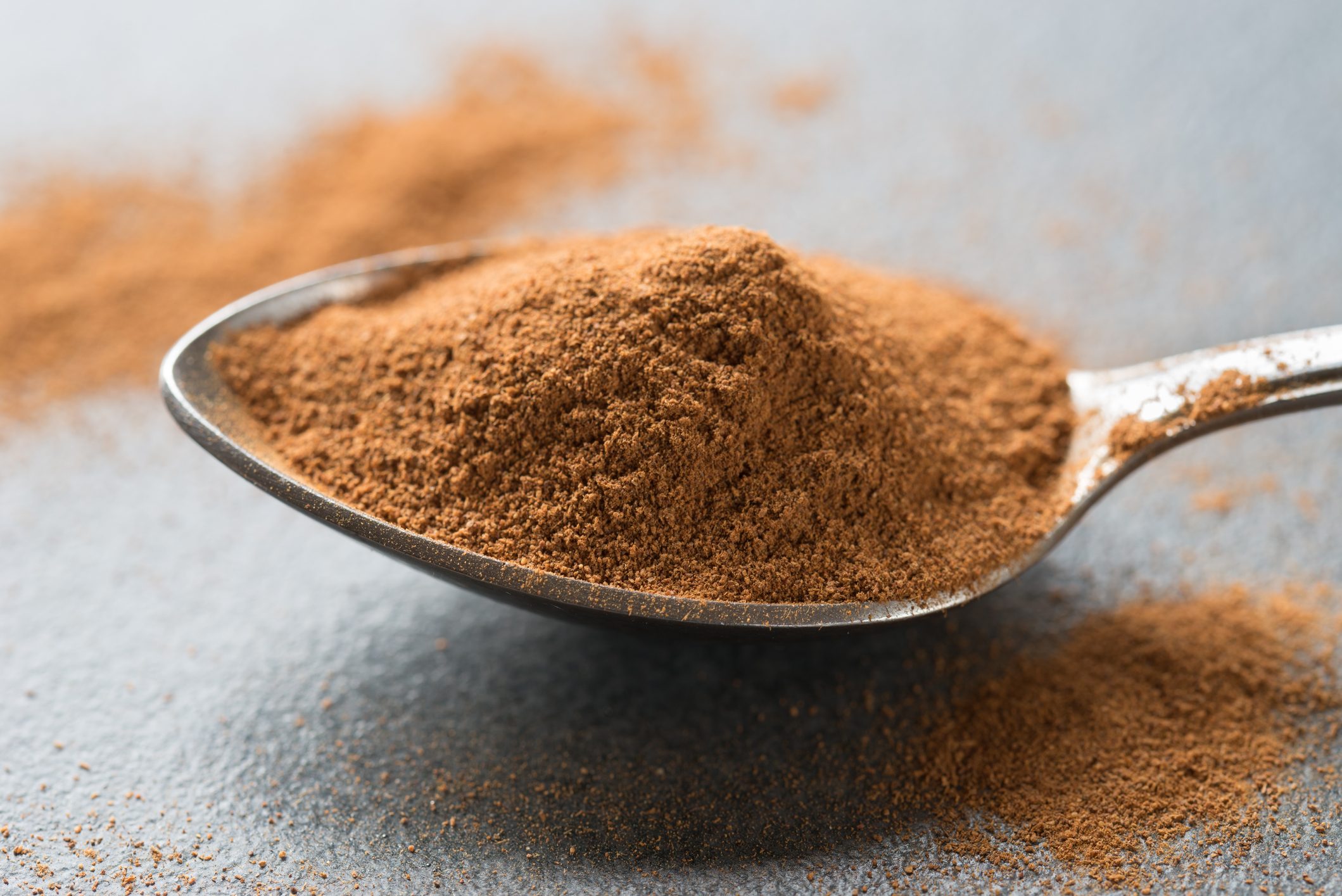Other recent research celebrated "its anti-inflammatory, anti-oxidant, free radical scavenging, antimicrobial, antiparasitic, and antitumor properties."

New Study: Eating More of This Spice Could Improve Heart Health and Reduce Diabetes Risk

National agencies count cardiovascular disease and type 2 diabetes among the leading causes of mortality in the United States—meaning anything you can do to reduce your risk of these two conditions could potentially enhance your health and longevity.
One crucial way to take control of your health is to lower your likelihood of developing metabolic syndrome, a group of risk factors that spike both heart health and diabetes risk. A December 2024 study published in the American Journal of Chinese Medicine has found that eating a beloved spice could help you do just that.
The researchers say that their work builds on that of several other studies, which have demonstrated that cinnamon may improve blood pressure, blood sugar, LDL cholesterol, triglycerides, and weight maintenance. According to the Cleveland Clinic, having three of these five conditions is the basis for diagnosing metabolic syndrome.
The team notes that cinnamaldehyde—an active compound found in cinnamon that gives the spice its cozy, aromatic flavor and smell—is responsible for these benefits. “It is well known for its anti-inflammatory, anti-oxidant, free radical scavenging, antimicrobial, antiparasitic, and antitumor properties,” another study published in the journal Food and Chemical Toxicology in 2022 called out. The 2024 study adds that it also helps to regulate glucose uptake and insulin resistance, break down fat, and improve other processes at the molecular level.
Note this isn’t an invitation to start pouring cinnamon on everything, as the study authors raise caution one potential drawback to consuming more cinnamon in your diet: They say eating a lot of the spice has been linked to certain “hepatic complications”—meaning it could negatively affect your liver health. In fact, 2022 research published in the journal Food Safety Tokyo found that consuming food-derived Coumarin, “a naturally occurring organic chemical that is often ingested as part of cinnamon-containing foods,” is associated with an increased risk of liver toxicity.
Overall, the authors of this latest cinnamon study are optimistic about the role the ingredient could play in metabolic health, and as a related benefit, in heart risk and diabetes risk. However, they also say that more research is needed: “This review hopes to encourage the use of cinnamon in clinical settings, guide the combination of cinnamon with other drugs used to treat different components of metabolic syndrome based on their mechanism of action, and support the concept of complementary medicine for metabolic diseases,” they say. It could also be possible that people who eat more cinnamon are eating more homemade, healthier foods like oats, whole grain breads, fruits, smoothies, and more.
As with any addition to your daily diet, it’s best to check in with your doctor before making a change—especially if you have any concerns about your liver health. Due to the possibility of drug interactions, tell your doctor if you take medications used to treat diabetes, heart health, and liver.
For daily wellness updates, subscribe to The Healthy by Reader’s Digest newsletter and follow The Healthy on Facebook and Instagram. Keep reading:
- Blood Sugar After Eating—What Are Good Numbers? A Clinical Expert Speaks
- Eating This Food Just Once a Week Could Improve Heart Health, Found a 30-Year Study
- How I Knew I Had Pre-Diabetes: A Patient’s Story of Reversing Diabetes Before It Kicked In
- Can Stress Cause Diabetes? Medical Experts Reveal the Answer



















